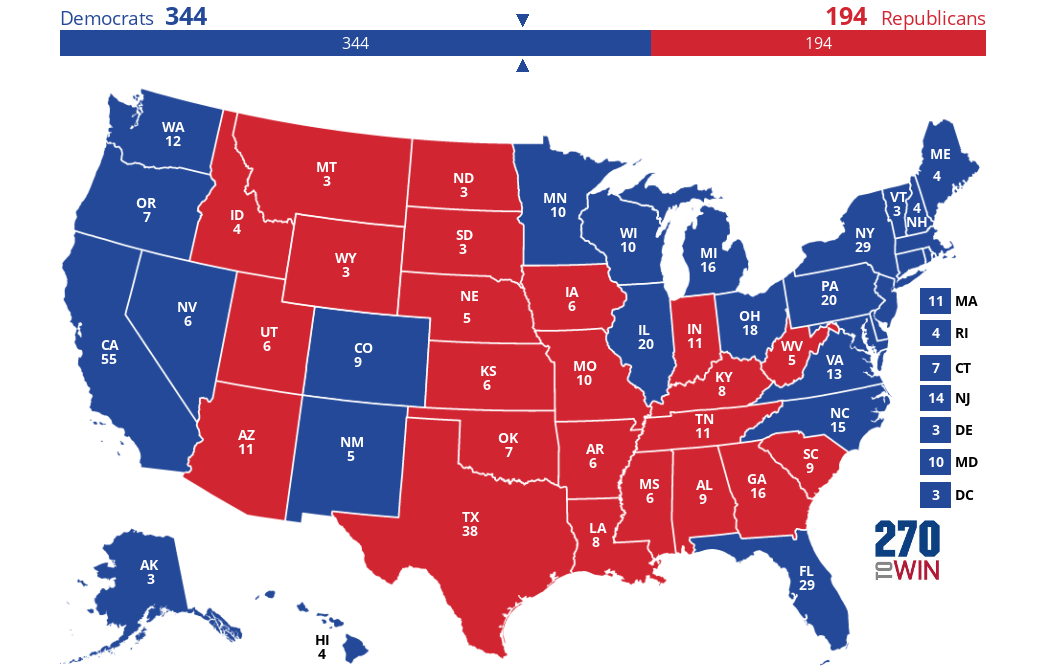Our most recent book is titled Divided We Stand: The 2020 Elections and American Politics. Among other things, it discusses party organizations and campaign finance. Trump is outsourcing his ground game.
Don the Con is getting conned.
Donald Trump’s campaign may be failing to reach thousands of voters they hope to turn out in Arizona and Nevada, with roughly a quarter of door-knocks done by America Pac flagged by its canvassing app as potentially fraudulent, according to leaked data and people familiar with the matter.
The potentially fake door-knocks – when canvassers falsely claim they visited a home – could present a serious setback to Trump as he and Kamala Harris remain even in the polls with fewer than 20 days to an election that increasingly appears set to be determined by turnout.
The Trump campaign earlier this year outsourced the bulk of its ground game to America Pac, the political action committee founded by Musk, betting that spending millions to turn out Trump supporters, especially those who don’t typically vote, would boost returns.
But leaked America Pac data obtained by the Guardian shows that roughly 24% of the door-knocks in Arizona and 25% of the door-knocks in Nevada this week were flagged under “unusual survey logs” by the Campaign Sidekick canvassing app.
The Arizona data, for example, shows that out of 35,692 doors hit by 442 canvassers working for Blitz Canvassing in the America Pac operation on Wednesday, 8,511 doors were flagged under the unusual survey logs.
The extent of the flagged doors in America Pac’s operation underscores the risk of outsourcing a ground-game program, where paid canvassers are typically not as invested in their candidate’s victory compared to volunteers or campaign staff.
Former Rep. Barbara Comstock (R-VA):
Mercenary door knockers - never goes well. High cost, low return. Don’t believe in your candidate or cause. Consultants get $$$ and donors get had. https://t.co/UKCm5KLGyw
— Barbara Comstock (@BarbaraComstock) October 19, 2024

 Click the map to create your own at
Click the map to create your own at 